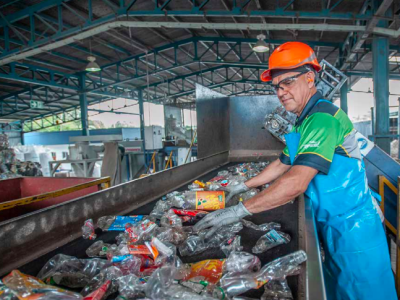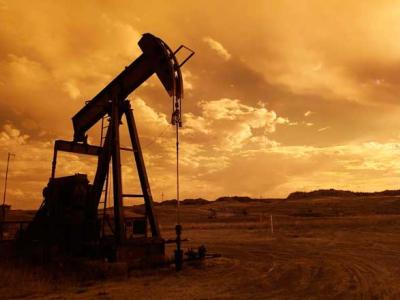A historic agreement that leaves great challenges
With a framework of legitimacy provided by the consensus of 195 countries, Paris Conference culminate with a historic agreement that allows us to be optimistic, contrary to what happened six years ago in Copenhagen, where states failed to reach a global agreement to curb climate change.
The initiatives presented in COP21 by governments, businesses, investors, cities and NGOs fully express that the transition to a low carbon economy is irreversible.
All countries agree in pointing out that the increase in global temperature should be well below two degrees Celsius by the end of the century (compared to pre-industrial levels).
In COP21 two instruments were defined. First, a twelve page document called "The Paris Agreement" which will take effect from 2020, and will be officially ratified by each country between April 2016 and April 2017. On the other hand, a "Decision" was issued detailing the work that countries should carry out before 2020.
Paris Agreement established an overall goal for "Adaptation" in order to "protect people, livelihoods and ecosystems" while should "take into account the urgent and immediate needs" of most vulnerable countries.
The agreement also recommended that countries periodically submit reports that include progress achieving national plans goals.
Despite the auspicious consensus reached between countries and the participation of the most polluting nations of the world, including the United States of America, China and India, environmentalists and civil society groups point out that some aspects have been omitted.
For example, in article 17 they express their "concern" because voluntary commitments presented so far are not enough to prevent the increase in global temperature below two degrees Celsius and notes that “greater efforts to reduce emissions will be needed."
Key points the Paris Agreement:
- Finance
One of the most controversial point of the negotiations was funding. Finally, the responsibility of developed countries to provide financial support to developing countries was established. Developed countries will provide 100 billion dollars a year to fight climate change.
- Business in COP21
Business and investors expressed their support to Paris Agreement because it sent a message to guide private sector investment needed to boost economies into a world low carbon economy
Stuart Gulliver, chief executive of the HSBC banking group, said: “We welcome the Paris outcome as a historic milestone on the road to a more sustainable global economy.”
Paul Polman, chief executive of Unilever, praised the agreement as “an unequivocal signal to the business and financial communities” that would drive real economic change.
“The billions of dollars pledged by developed countries will be matched with the trillions of dollars that will flow to low-carbon investment,” he said, predicting the move by hundreds of businesses to shift to 100 per cent renewable energy would “become the norm for hundreds of thousands”.
-Civil society
Social organizations point out that that human rights issue was left behind. The agreement does not include them as a goal. It only recognized the need to protect indigenous peoples and most vulnerable communities in the actions taken to fight climate change.
"This historic agreement paves the way for a shift to low carbon economy. Eighteen months ago, we were told that this transition was almost impossible, but the people marched and the call of citizens around the world for real action on climate change remained unstoppable”, noted Emma Ruby-Sachs, executive director of Avaaz, a coalition of environmental NGOs.





Añadir nuevo comentario